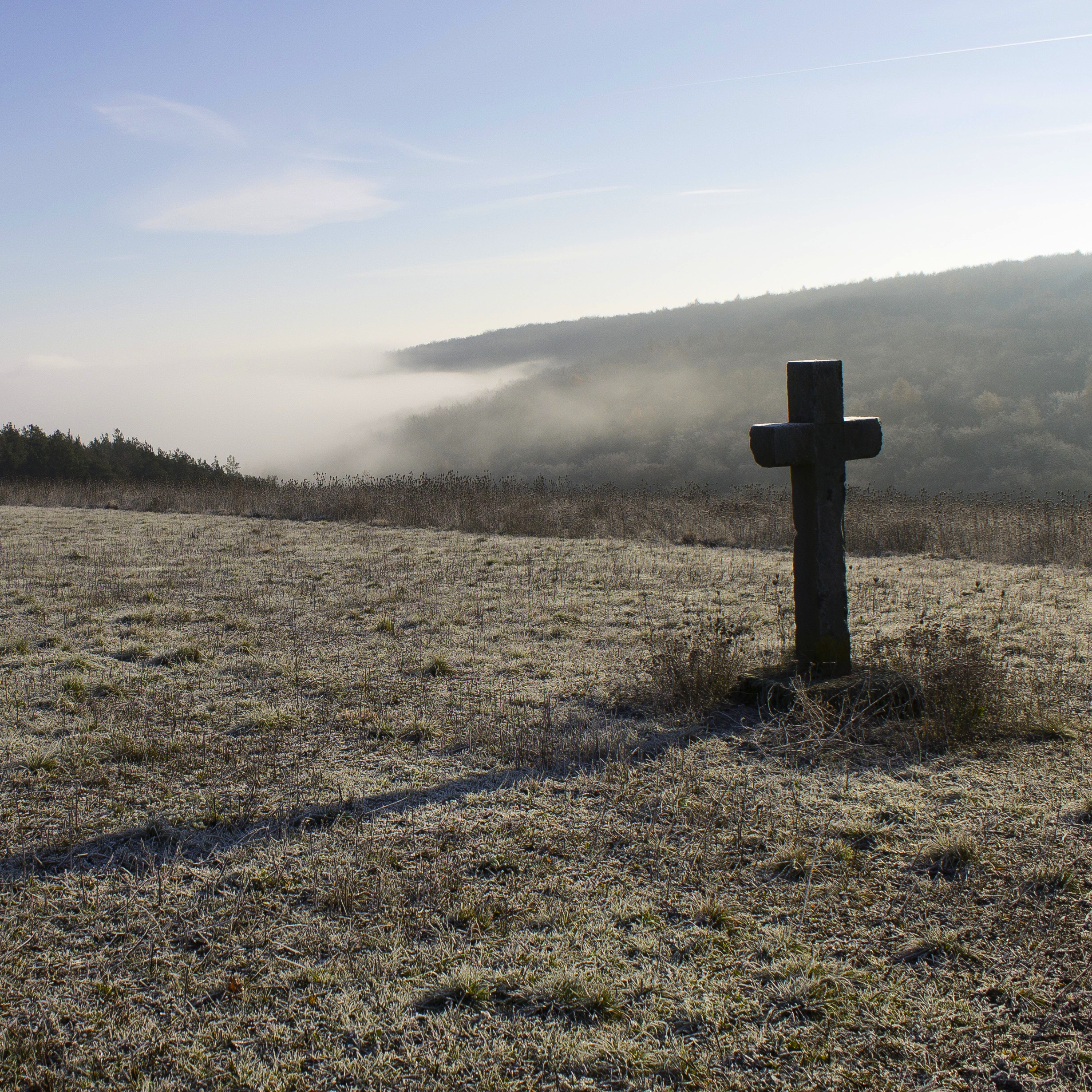From the Palm Sunday chapter of Preparing the Way: A Social Justice Study for Lent. We’re offering this free resource to you and your congregation as we walk through the season of Lent together. Download the full PDF here.
Scripture: Matthew 21:1-11 (NRSV)
And when they drew near to Jerusalem and came to Bethphage, to the Mount of Olives, then Jesus sent two disciples, saying to them, “Go into the village opposite you, and immediately you will find an ass tied, and a colt with her; untie them and bring them to me. If any one says anything to you, you shall say, ‘The Lord has need of them,’ and he will send them immediately.” This took place to fulfill what was spoken by the prophet, saying, “Tell the daughter of Zion, Behold, your king is coming to you, humble, and mounted on an ass, and on a colt, the foal of an ass.”
The disciples went and did as Jesus had directed them; they brought the ass and the colt, and put their garments on them, and he sat thereon. Most of the crowd spread their garments on the road, and others cut branches from the trees and spread them on the road. And the crowds that went before him and that followed him shouted, “Hosanna to the Son of David! Blessed is he who comes in the name of the Lord! Hosanna in the highest!” And when he entered Jerusalem, all the city was stirred, saying, “Who is this?” And the crowds said, “This is the prophet Jesus from Nazareth of Galilee.”
Social Justice Reflection:
I am not the first person to note that the fervent cheers of the crowd on Palm Sunday – “Hosanna to the son of David! Blessed is he who comes in the name of the Lord” and the affirmation that “This is the prophet Jesus” – turned by Good Friday to jeers of “Let him be crucified.”
What happened in those few days? It seems to me that there are two options. Either the crowds who cheered on Sunday had changed their minds and were the same ones jeering on Friday. Or it was a different crowd whose jeering outweighed the cheers of Palm Sunday. The biblical text notes that the religious leaders “persuaded” people to call for Jesus’ death, but even that doesn’t settle the question of whether it was the same people or different ones.
Isn’t that how it is today? People take one position and then their “authorities” – religious leaders, TV personalities, politicians – tell them to take another, and so they turn their backs on what they know to be right. Immediately after the Sandy Hook massacre, you couldn’t turn on the TV without hearing people calling for new restrictions on the availability of guns of mass destruction. These people included those who had been ardent gun advocates and friends of the NRA. Then, after their authority figures had “persuaded” them, they were saying that the problem was the mental health system or the prevalence of violence on TV and in video games, but surely, surely, not because of how easy it is to get your hands on an assault weapon.
But surely, surely, they knew in their hearts that a crucial part of the problem was the weapons themselves, semi-automatics capable of firing up to 60 rounds per minute. Why does any civilian (i.e., not military and not law enforcement) need to fire one bullet per second?
The other option is also visible today. People who support issues of prophetic social justice voice their values and beliefs, but then they get drowned out by those who are able to yell louder, those who have more powerful megaphones or PA systems, those not concerned about consistency or honesty. I remember attending a rally on the grounds of the state Capitol, a rally supporting access to health care. And, across the street were noisy protesters, wanting government out of the healthcare business. But you could tell by looking at them that most of them were already of Medicare age or really close to it, and you didn’t see any of them burning their Medicare cards.
So, what’s a prophetic person of faith to do in these days? First, we must remain faithful. God is still calling us to advocate on behalf of vulnerable people even if that doesn’t seem to be a popular position. Second, we must be as vocal as we can be within the bounds of what we think appropriate. That level of appropriateness may be different for different folks, but we must not be silent just because it seems like we are being drowned out. And, third, we must remember that it is most important for us to be faithful to Jesus, and that faithfulness does not always mean victory, at least in the short term.
Jesus, after all, got crucified.
Closing Prayer:
God of vulnerable people, God of us all – Give us the wisdom to know what is right. Give us the courage to do it. Give us the strength to do it even when we feel outnumbered. And remind us that you are forever with us, not only in the short term, for you are the one who brought resurrection out of crucifixion. Amen.
-George Reed, Executive Director

